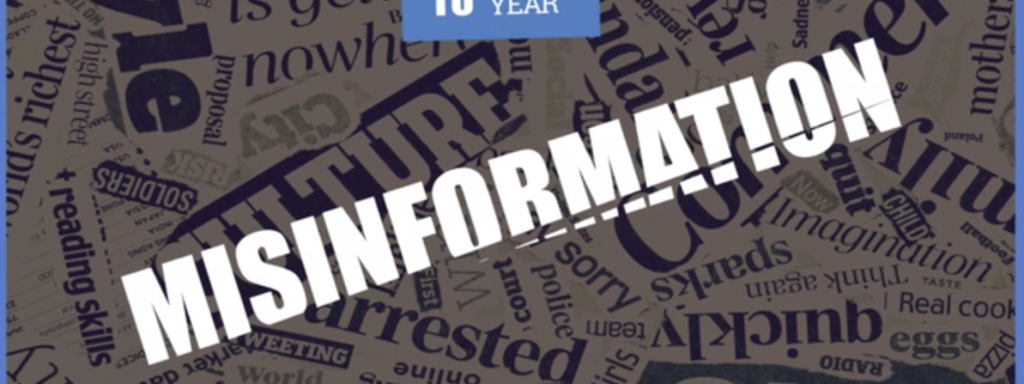
Sub headline: Concerns Rise Over the Impact of False Narratives on Democracy and Social Cohesion
Accra, Ghana – The Ghanaian media landscape is facing growing scrutiny for its role in promoting misinformation, with allegations that some outlets are leveraging the power of disinformation to advance political interests. This disturbing trend has raised concerns about the potential consequences for Ghana’s democracy and social cohesion.
Misinformation on the Rise
In recent years, Ghana has experienced a surge in the spread of false or misleading information through various media channels, including television, radio, newspapers, and social media platforms. Misinformation often takes the form of exaggerated claims, unverified rumors, and biased reporting, all of which have been used to manipulate public opinion.
Sensationalism and Click bait
One of the key tactics employed by some media outlets is sensationalism and clickbait headlines. In their quest for higher viewership or readership, they resort to eye-catching, attention-grabbing headlines that sometimes distort the facts or present a one-sided narrative. This not only misinforms the public but also erodes the trust that citizens should have in their media.
Partisan Reporting
Political partisanship is another major concern. Many media organizations in Ghana have clear affiliations with political parties, leading to biased reporting that favors one side over the other. Such reporting often involves selective coverage, omission of critical information, and the propagation of narratives that align with the interests of specific political groups.
Lack of Fact-Checking
Another contributing factor to the spread of misinformation is the lack of rigorous fact-checking. Some media outlets fail to verify the accuracy of the information they publish or broadcast, which allows rumors and fabricated stories to circulate unchecked. This absence of due diligence undermines the credibility of the media.
Consequences for Democracy and Social Cohesion
The consequences of misinformation in the media are far-reaching and detrimental. False narratives can sow division among the public, deepen political polarization, and erode trust in democratic institutions. In some instances, misinformation has led to social unrest and violence, threatening the stability of the nation.
Calls for Action
Concerned citizens, civil society organizations, and experts have called for decisive action to address the issue of misinformation in Ghana’s media:
Strengthen Media Regulation: There is a growing consensus that media regulation needs to be reinforced to ensure responsible journalism. Independent bodies could be tasked with overseeing media practices and imposing penalties for the deliberate spread of false information.
Promote Media Literacy: Investment in media literacy programs is crucial to equip citizens with the skills to critically evaluate news sources and identify misinformation. Such programs should be integrated into the education system.
Support Fact-Checking Initiatives: Independent fact-checking organizations should receive support and collaboration from media outlets to ensure accurate reporting. Corrections should be promptly published when misinformation is identified.
Advocate for Ethical Journalism: Media organizations must adhere to ethical journalism standards, which include impartiality, accuracy, and fairness. A commitment to responsible reporting that serves the public interest, not political agendas, is essential.
Citizen Vigilance: Encourage citizens to hold media outlets accountable for promoting misinformation by actively reporting and condemning false information when identified.
